If you’re looking for a real-life badass heroine, you won’t find a better one than Josephine Baker. The American born dancer relocated to France in the 20s where she became not only the muse of the creative community and the embodiment of the Roaring 20s, but later on a resistance fighter in WWII (winning the Legion of Honor along the way) and a tireless crusader for racial equality, including adopting 12 children from every race and background. Of course, the story is also a reflection of harsh realities: in Europe, Baker found the freedom and acclaim that, as a woman of color, she could never find in her own country (A Time magazine review of her appearance in the Broadway Follies called her a “Negro wench.”)
Now her life is the subject of a graphic novel, originally published un France and written with the cooperation of Baker’s son Jean-Claude Bouillon-Baker. Creators Catel Muller and Jose-Louis Bocquet are the authors of the excellent graphic novel biography Kiki de Montparnasse, another lively portrait of another Jazz Age iconoclast. As with Kiki, the British publisher SelfMadeHero is bringing Josephine Baker out in English. It’s published nest week in Britain and should be available here at festival and bookstores.
There’s been a lot of debate of late about whether its appropriate for non-POC creators to write about POC heroes (Peter Bagge’s Zora Neale Hurston bio has come in for a lot of scrutiny in this regard.) The Baker book may inspire more debate, but Bouquet and Mueller have produced an impressively comprehensive book that’s supplemented by 100 pages of background material, including biographies of all the major figures of the story. Considering that Baker was involved with Picasso, Cocteau, DeGaulle, Martin Luther King and more, it’s quite a portrait of the century and a story that’s important for today.
Here’s a preview, courtesy of SelfMadeHero:
Josephine Baker was nineteen years old when she found herself in Paris for the first time in 1925. Overnight, the young American dancer became the idol of the Roaring Twenties, captivating Picasso, Cocteau, Le Corbusier and Simenon.
In the liberating atmosphere of the 1930s, Baker rose to fame as the first black star on the world stage, from London to Vienna, Alexandria to Buenos Aires. After World War II, and her time in the French Resistance (for which de Gaulle awarded her the Légion d’Honneur), Baker devoted herself to the struggle against racial segregation, publicly battling the humiliations she had for so long suffered personally. She led by example, and over the course of the 1950s adopted twelve orphans of different ethnic backgrounds: a veritable Rainbow Tribe. A victim of racism throughout her life, Josephine Baker would sing of love and liberty until the day she died. An inspiration to musicians from Dame Shirley Bassey to Beyoncé, Baker’s extraordinary legacy lives on to this day.
This thoroughly researched biography of the pioneering dancer, written with historical consultant and Baker’s son Jean-Claude Bouillon-Baker, features over a hundred pages of supplementary material, including a detailed timeline, biographical notes on Josephine’s contemporaries and an extensive bibliography.



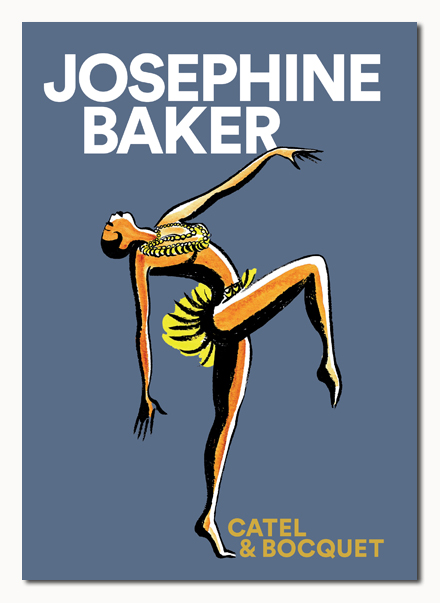
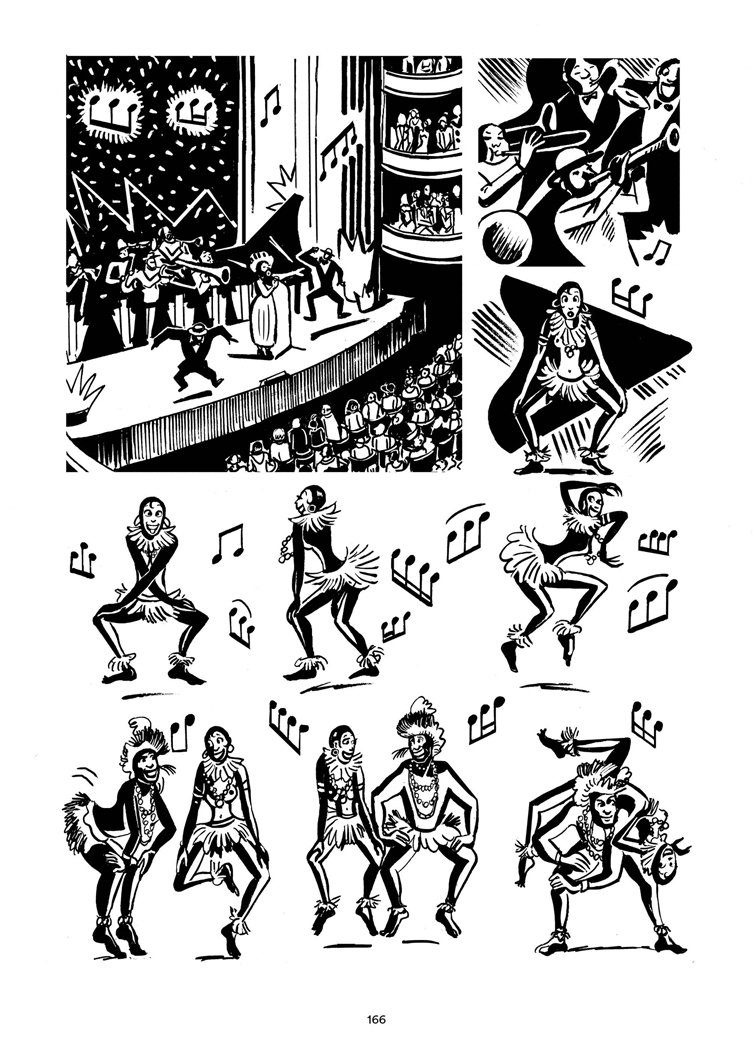
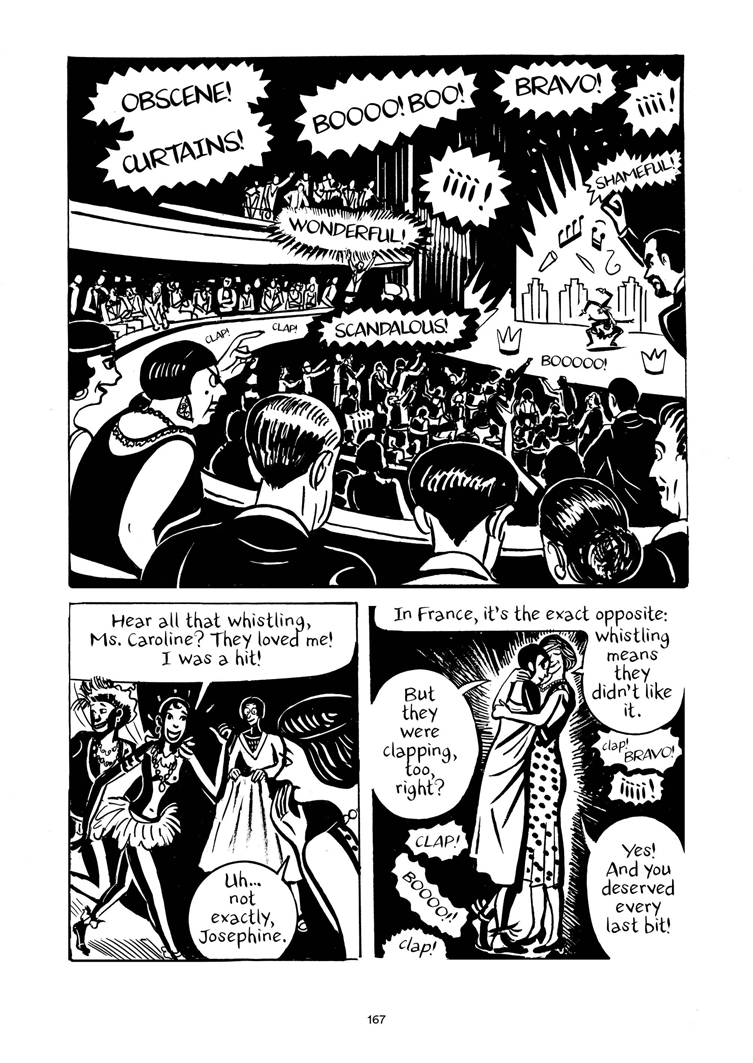
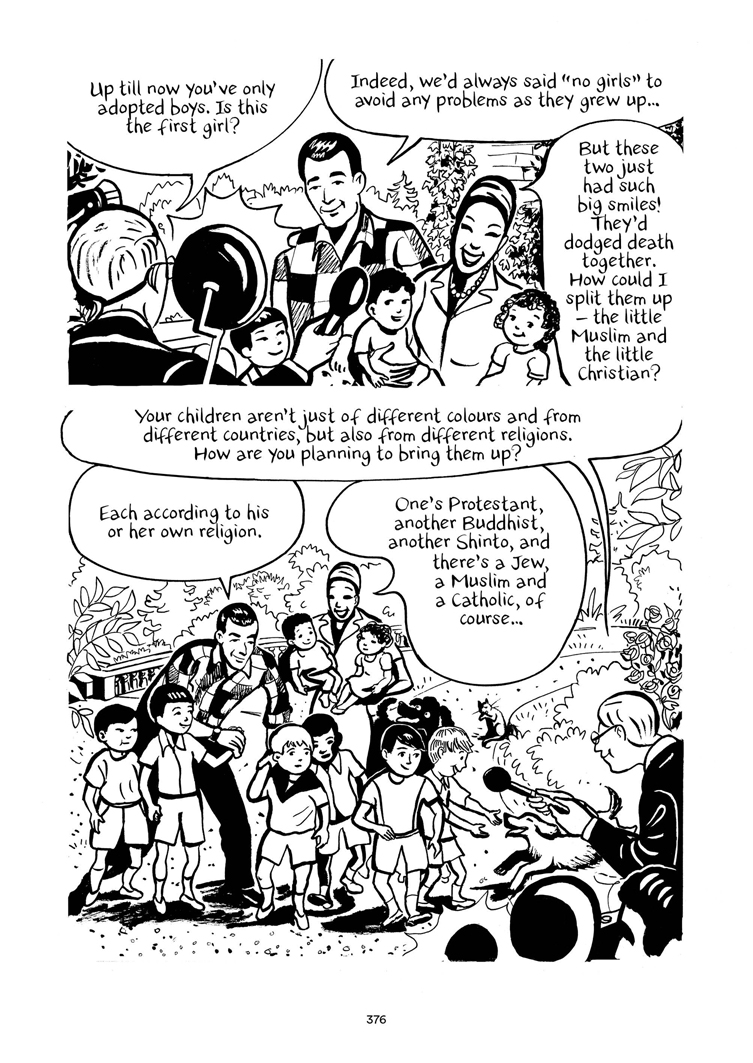
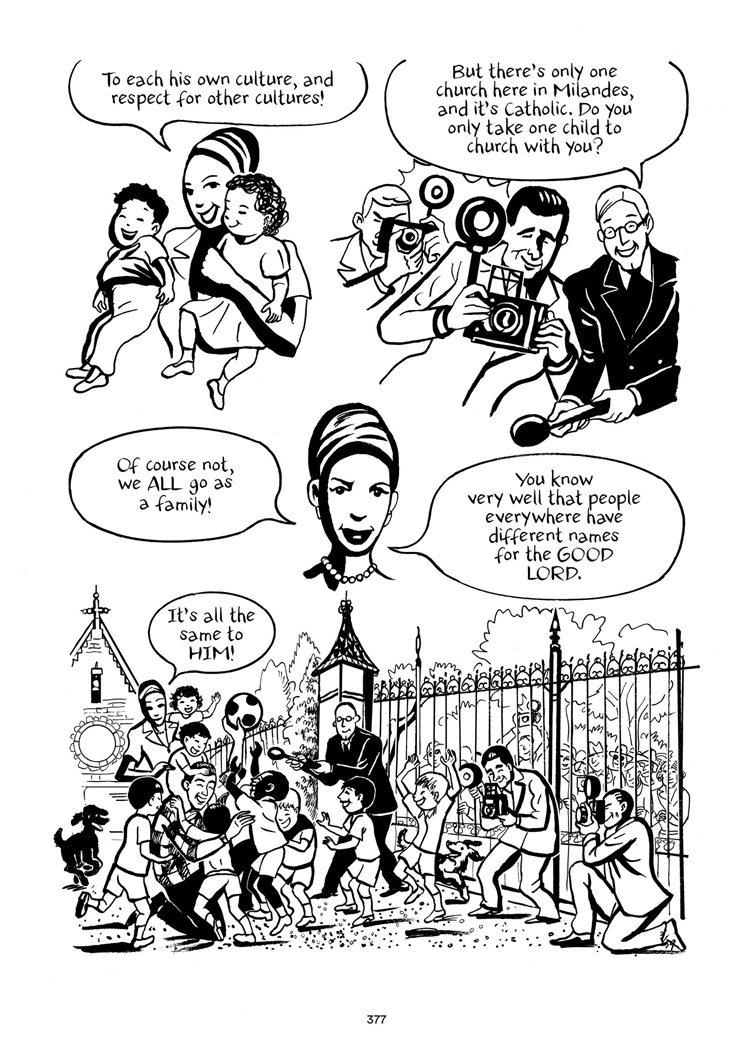
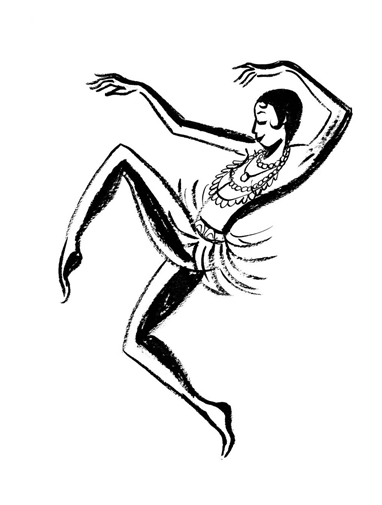
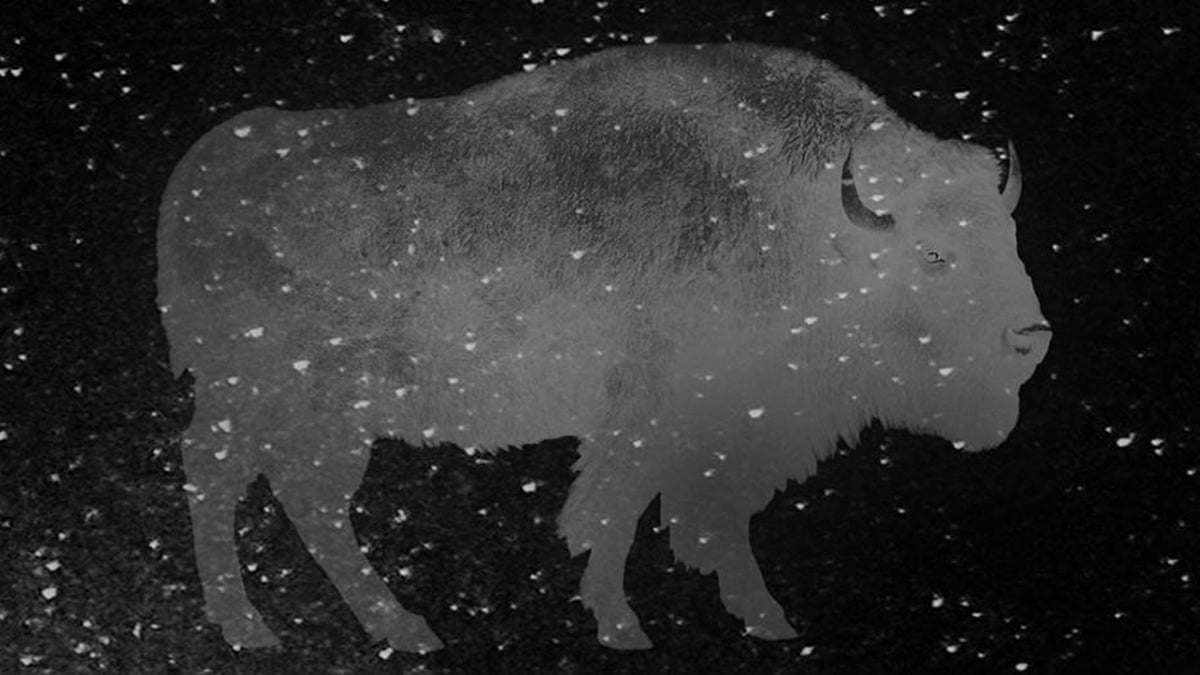




Love her!
Comments are closed.